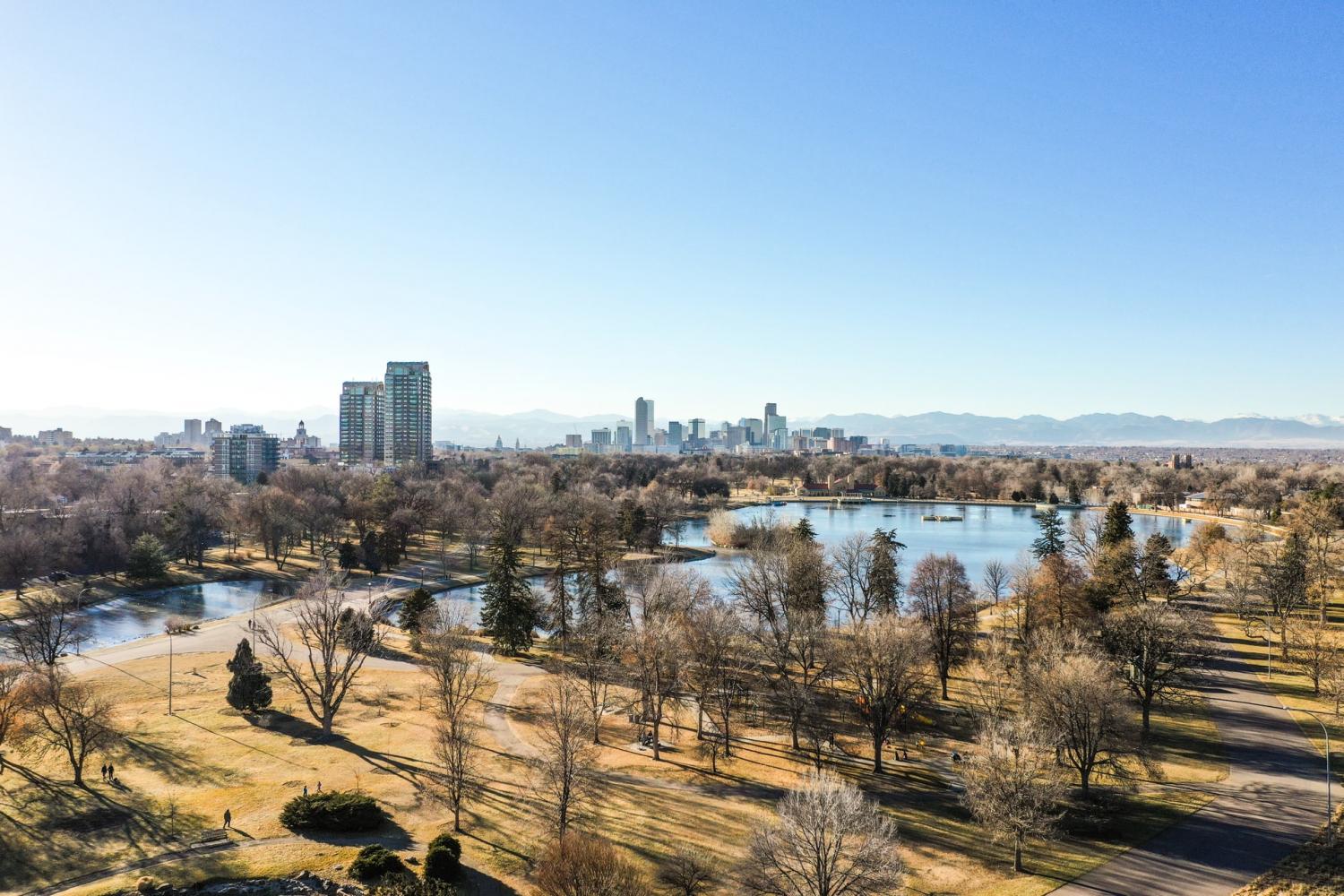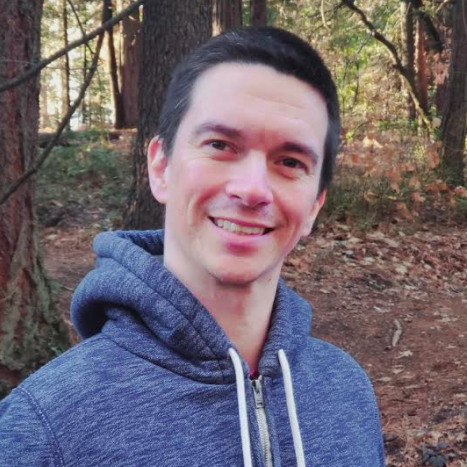
Urban and regional planning can and should be a critical part of any long-term climate change prevention strategy. It plays a role in transportation plans that seek to reduce automobile use, congestion and urban sprawl. Such plans are also key to reduce water consumption and the prevention of sea level rise. Urban planning, however, has also contributed to systemic racism across the U.S.
In recent years, urban planning has often focused on the preservation and building of green spaces and new types of lighting installed along city streets. But such an approach goes far from addressing how the decisions of city planners have caused harm to communities of color – from massive mid-twentieth century redevelopment in cities like New York to the building of freeways across Los Angeles. More often than not, America’s highways have been divided, and even obliterated, Black communities.
There are numerous examples of how historically racist city planning practices still have an impact on cities and towns across the U.S. today. The seven-year-long Flint water crisis is among the leading examples of how majority Black communities have endured, among many problems, huge public health risks.
Studies have shown that in many cities like Sacramento, poorer neighborhoods can experience anywhere from 5 to 20 degrees Fahrenheit warmer temperatures in comparison to wealthier and whiter tree-lined communities. Inequalities within Philadelphia have caused the air pollution in its Black neighborhoods to be linked to increased cases of asthma and respiratory diseases that make it among the most deadly air to breathe in the country. Cities in California’s Central Valley have also seen a huge difference in air quality between poor and wealthier neighborhoods, often the legacy of past urban planning decisions.
Denver is one city with leadership that appears aware of how previous city planners’ redlining policies have had long-term effects on poorer and more diverse neighborhoods; the results have included a roadmap that local officials say can help reverse that trend. To that end, Denver’s city government been prioritizing new parks, tree-planting and trail networks to be placed in its areas including northern neighborhoods that city officials had long overlooked. The city’s overarching goal – one shared by other U.S. cities - is to take on urban “heat islands” while improving public spaces that are needed for the people in those neighborhoods to enjoy during those warmer months.
Critics in Denver have been concerned about how these efforts could accelerate gentrification within those neighborhoods, and how past governmental planning interference has long made some residents wary of the city government’s insistence that it wants to help. Nevertheless, by partnering with local non-profits and having open and honest discussions about the what had occurred across Denver in years past, local leaders say they are taking the steps needed to strengthen its neighborhoods in a much more sustainable and equitable way.
The bottom line is that city sustainability plans must go beyond a focus on the environment: They must be inclusive and ensure they no longer contribute to systemic racism, a trend that the pandemic has actually exacerbated. Urban planners and municipal leaders need to deploy new tactics such as allowing communities’ voices be heard, the inclusion of local residents in any decision-making process and a commitment to transparency can help ensure climate justice is a guarantee not only for the few, but for all.
Image credit: Cassie Gallegos/Unsplash

Todd Jones is a Bay Area native who has dedicated his career to sustainable business and fighting climate change. He enjoys the outdoors and spends his free time playing sports, hiking, reading, and exploring new places. He is an alumnus of both Unity College and UC-Santa Barbara.














